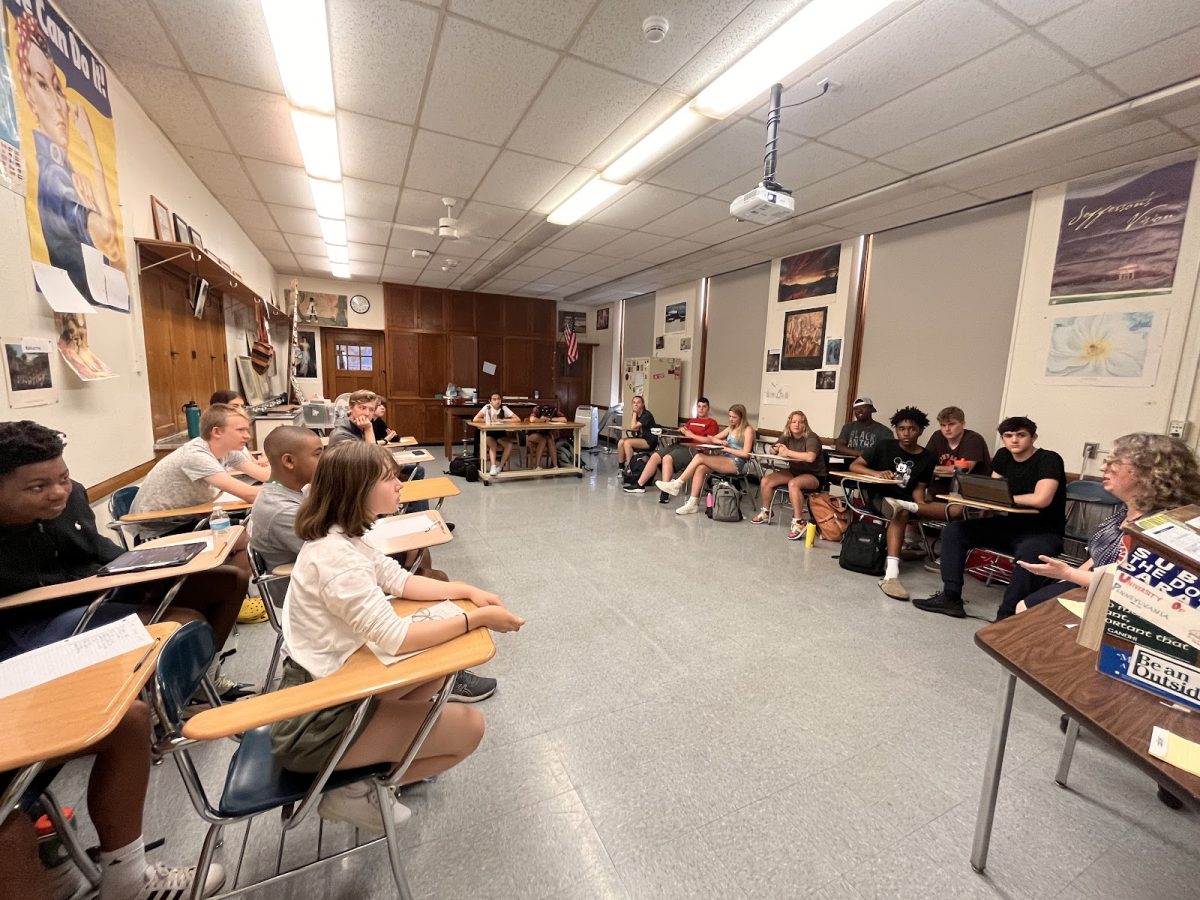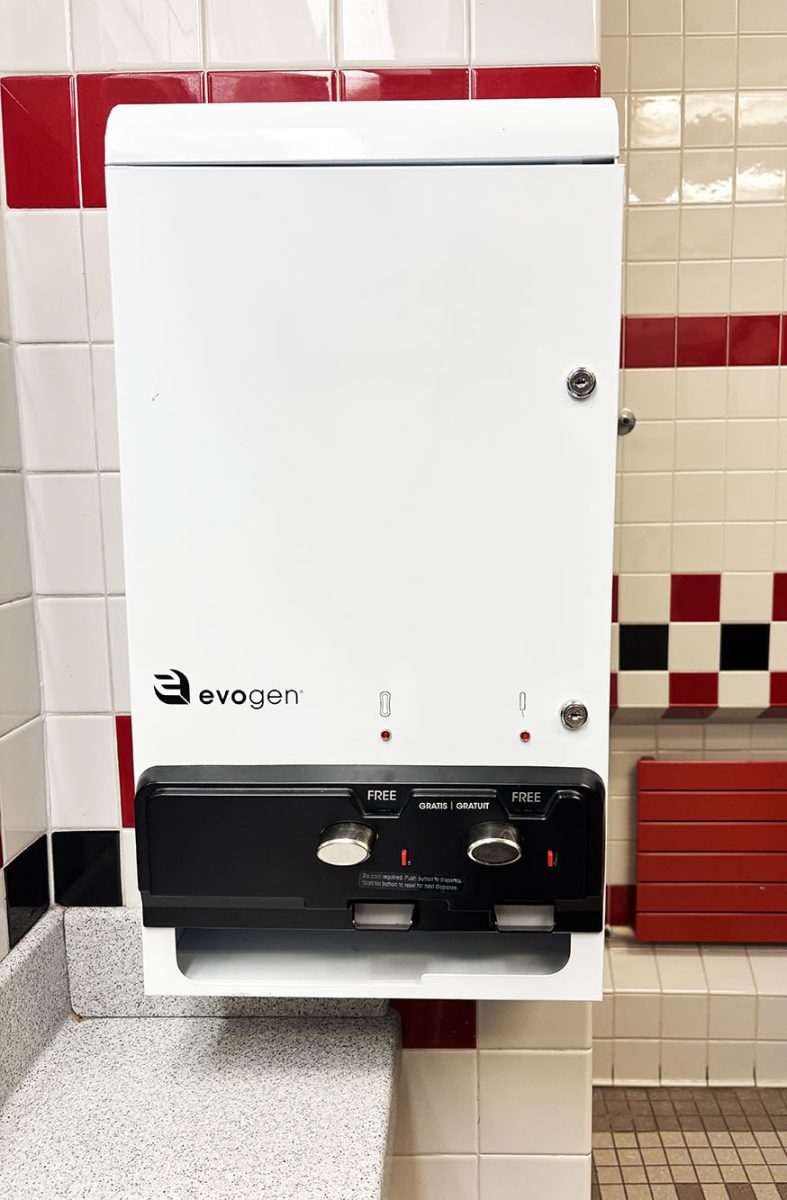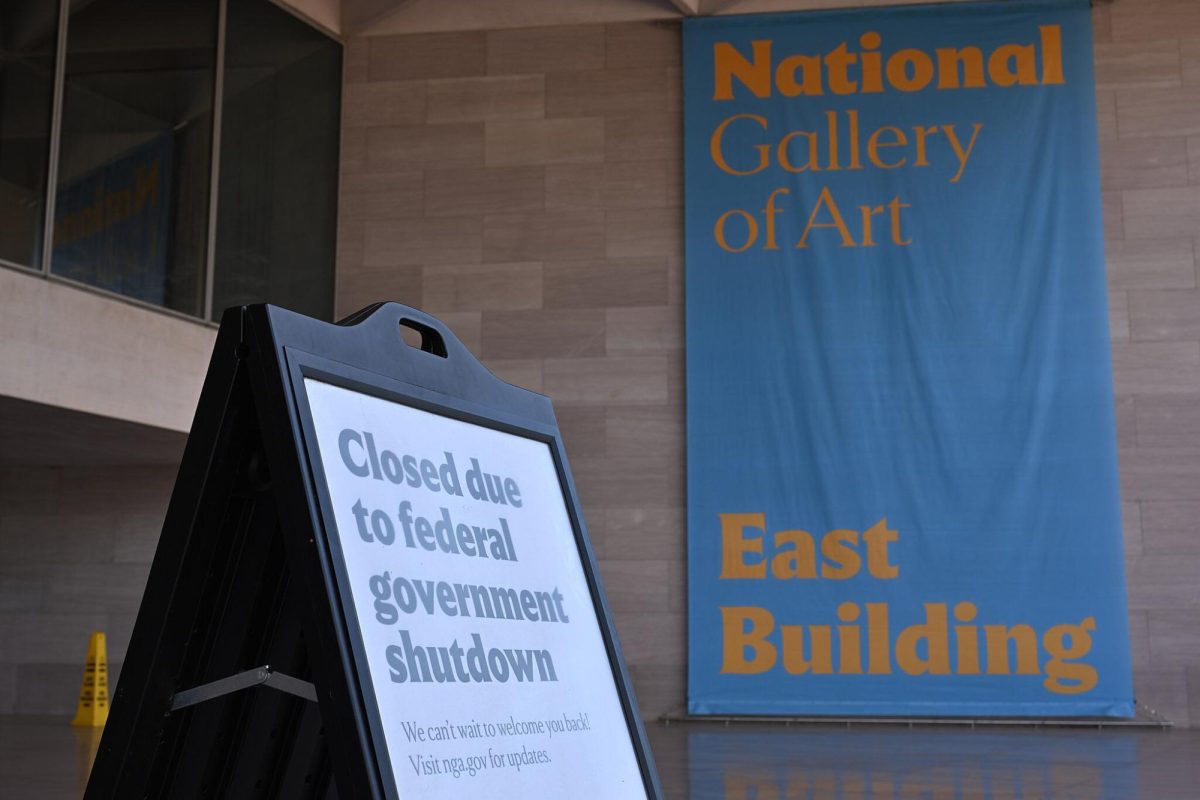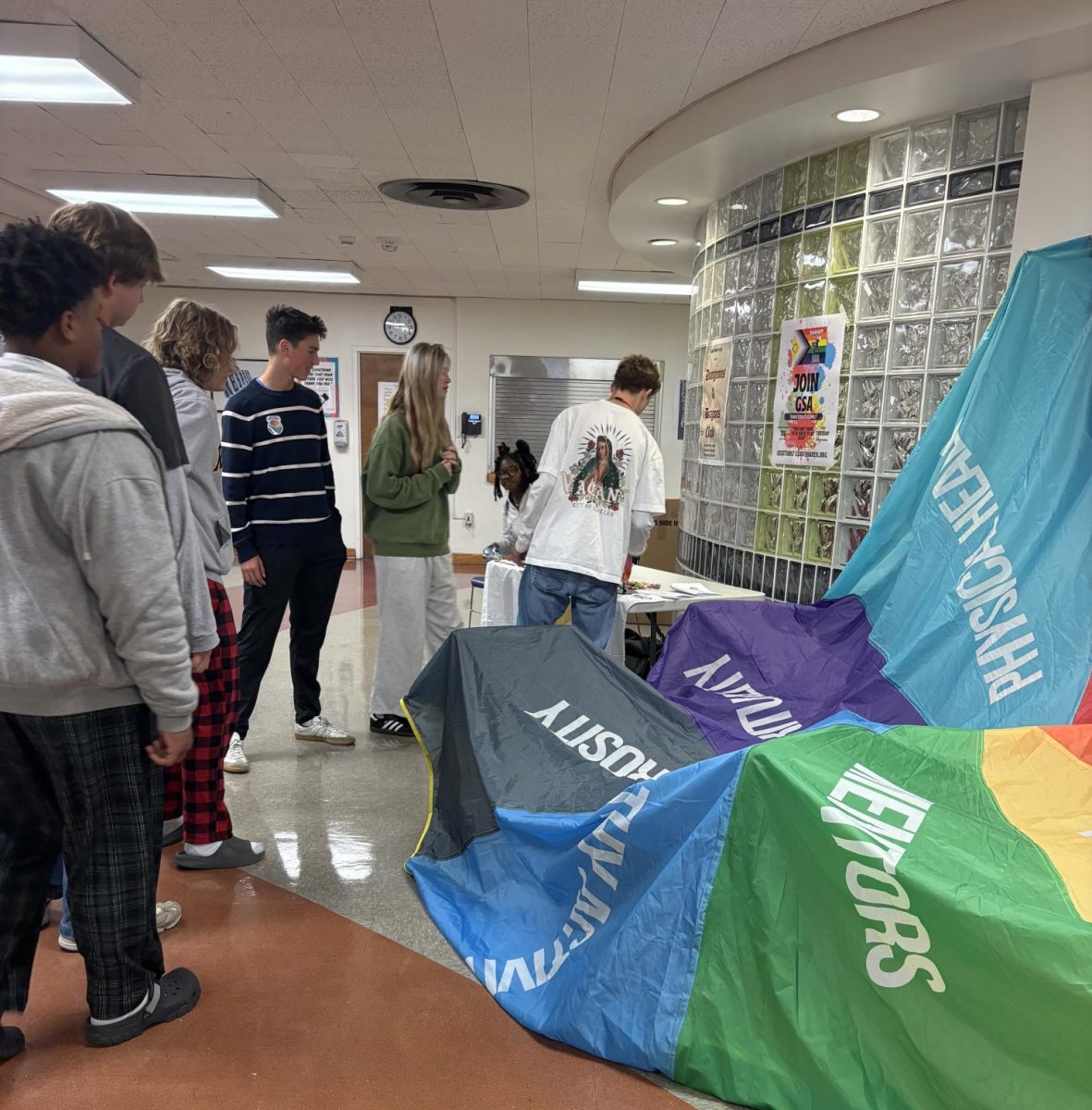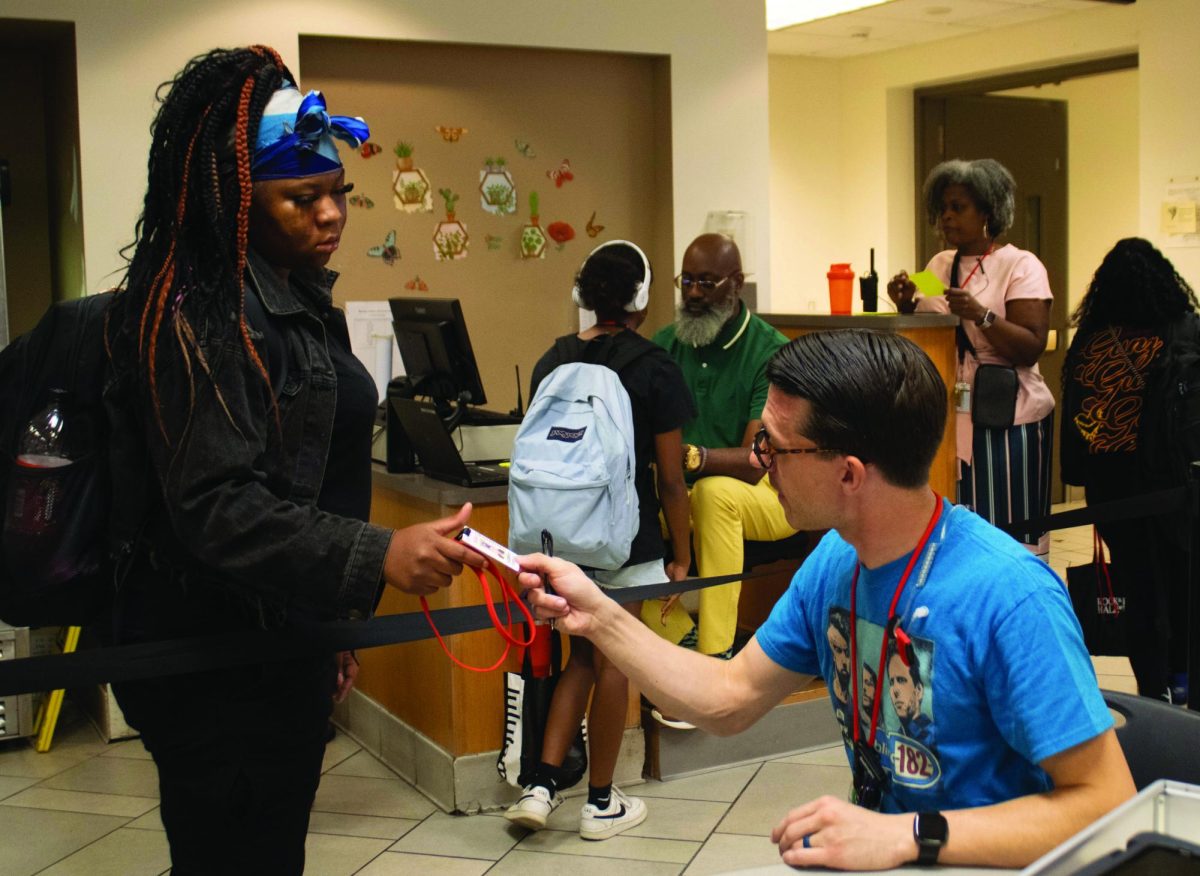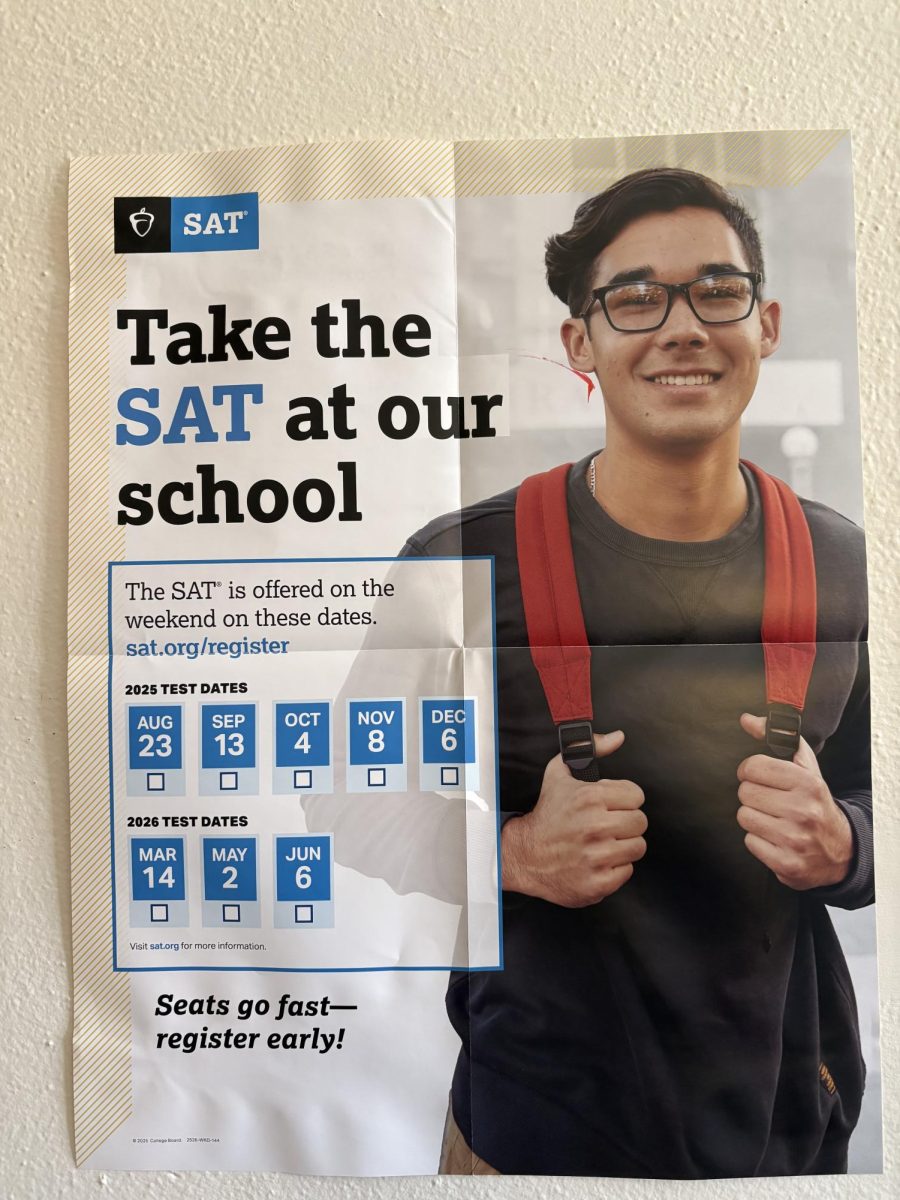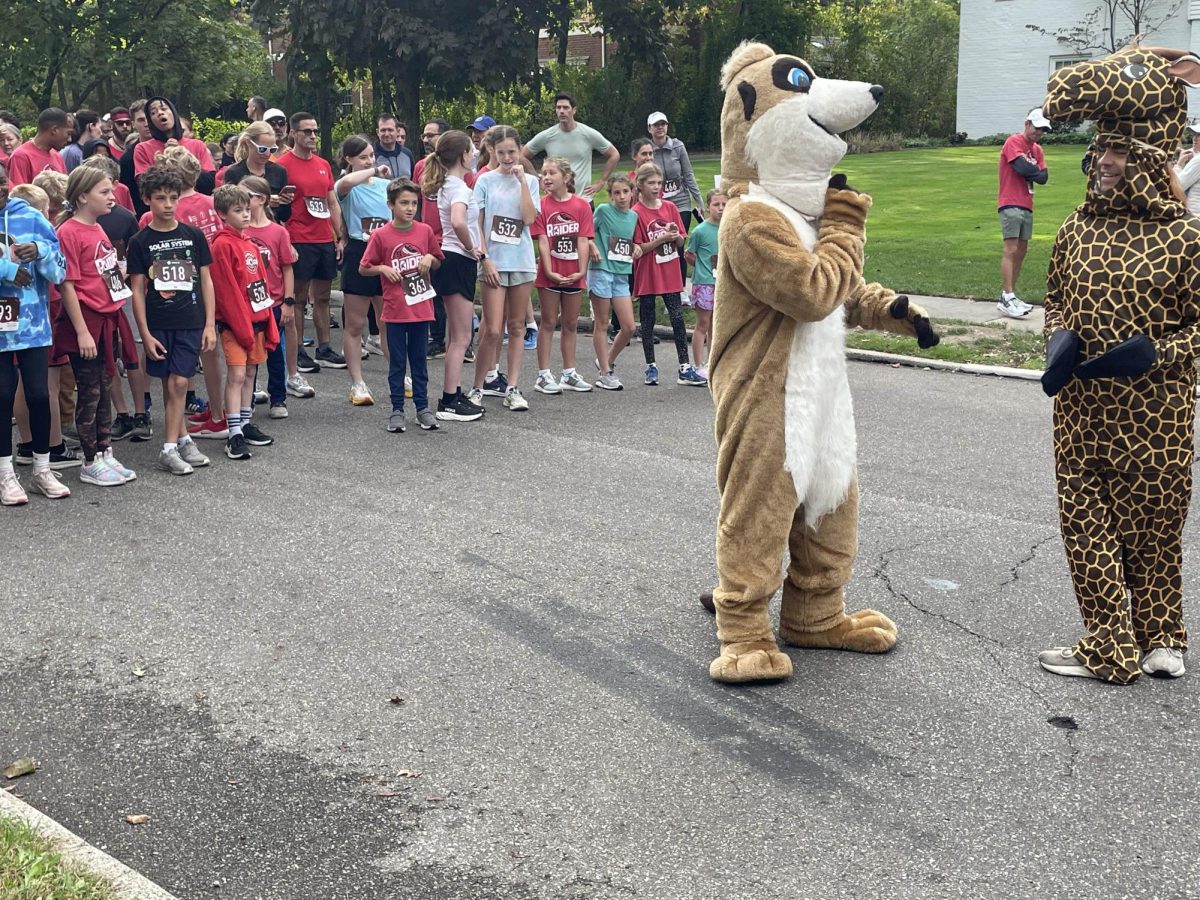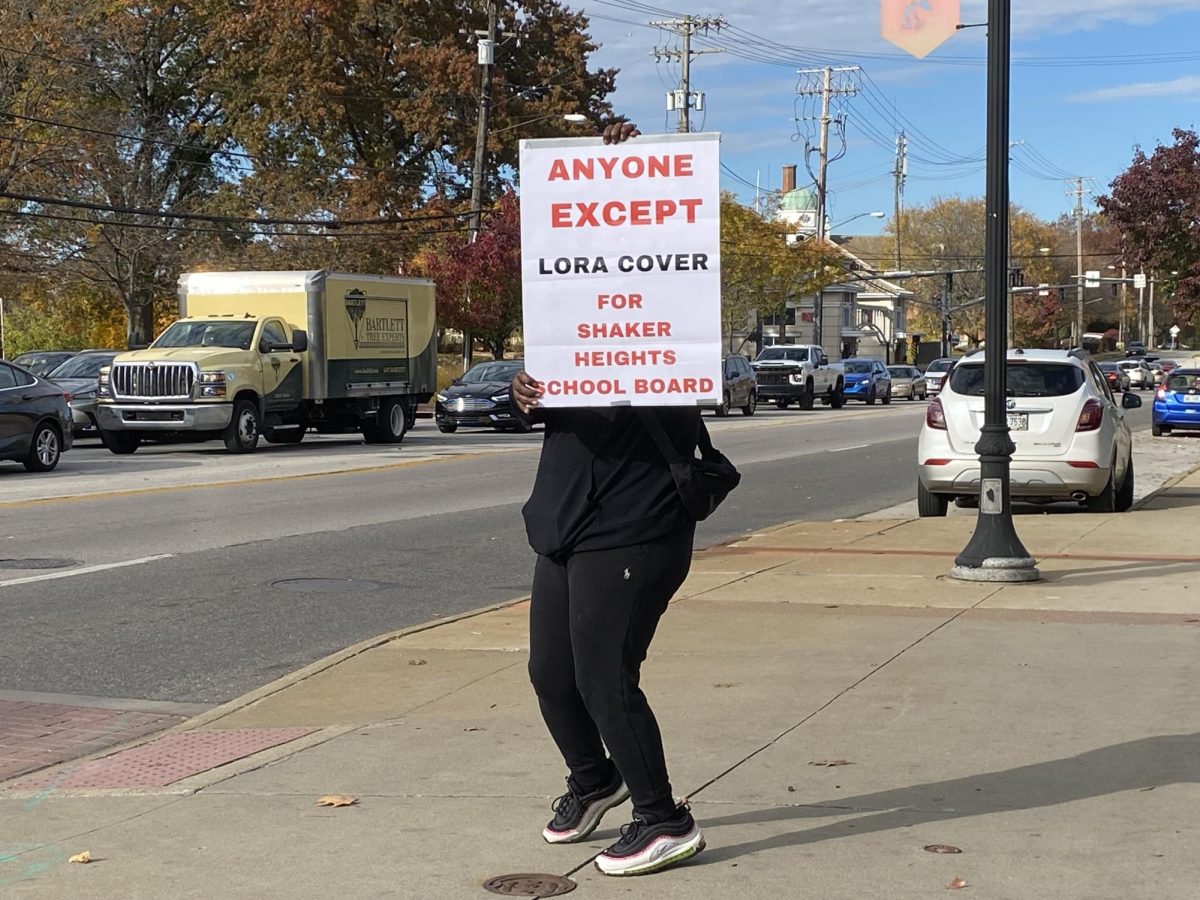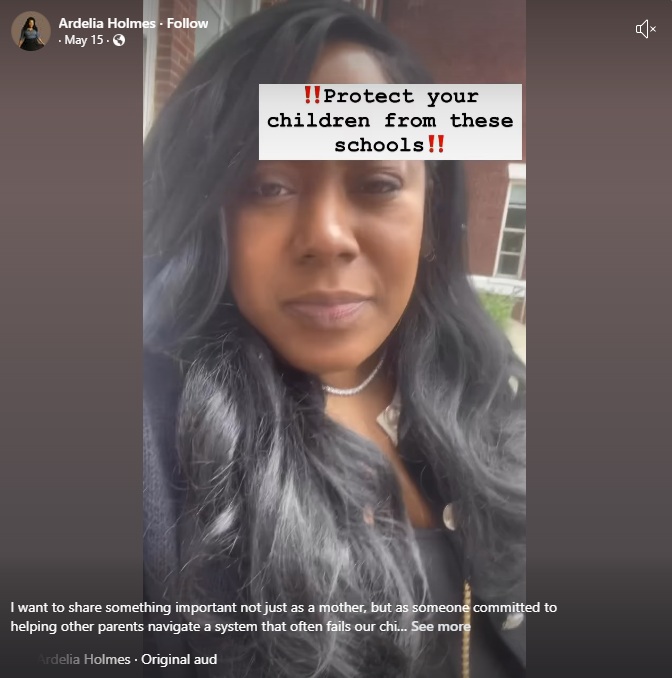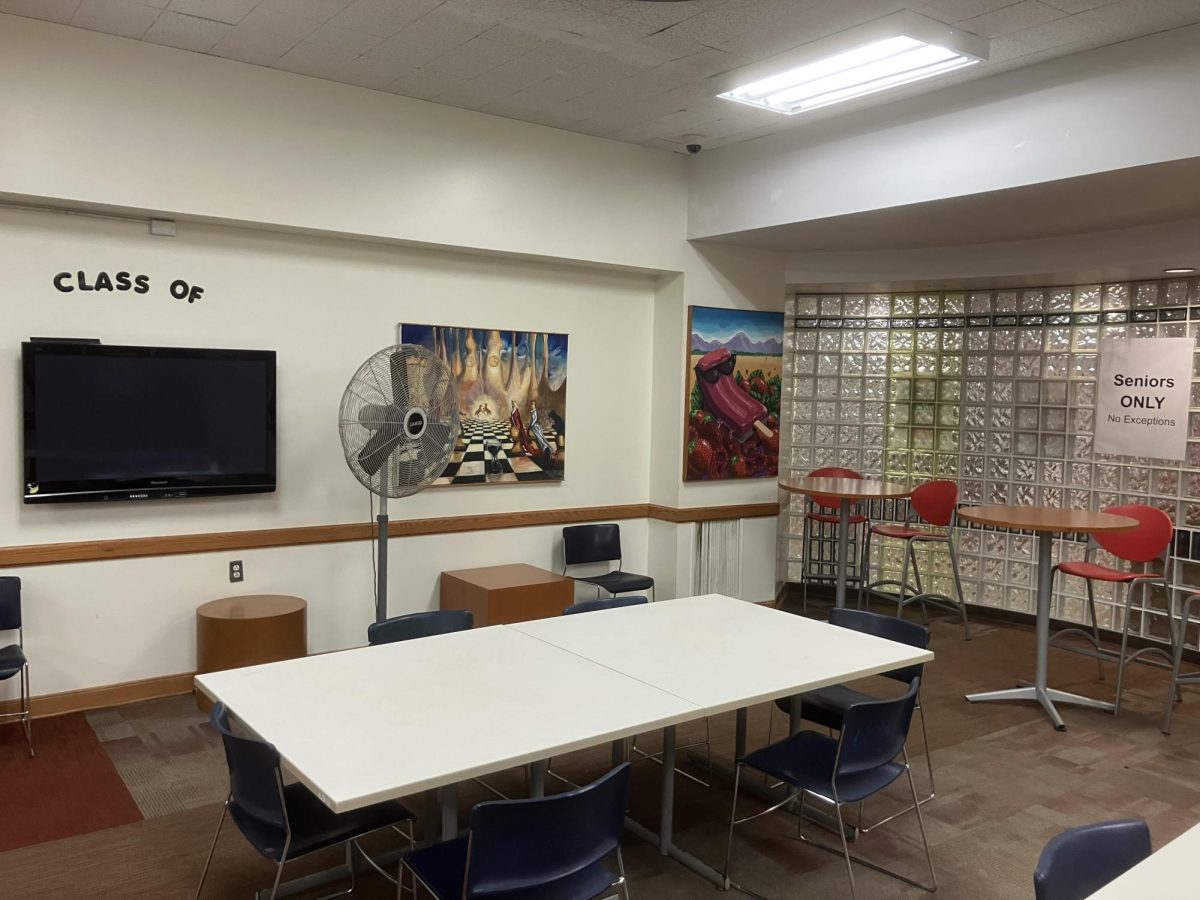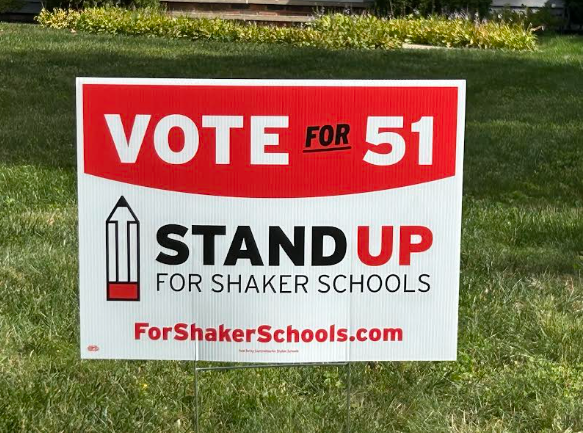As a new school year begins, a new batch of sophomores will learn how to succeed in one of Shaker’s most challenging classes, AP U.S. History.
“Students grow over time throughout their school years if they take college courses,” APUSH teacher Sarah Davis said.
As a college course, APUSH covers events across seven centuries over two semesters: the arrival of Christopher Columbus in 1492; the creation of the colonies in the early 1700s; the Declaration of Independence and the Revolutionary War; the Civil War and Reconstruction; the women’s rights movement of the early 20th century; the Great Depression; World War II and the start of the Cold War; the Civil Rights movement and the Vietnam War; President Ronald Reagan’s “Reaganeconomics” era; the 1992 Los Angeles Riots; the Afghanistan and Iraq wars; and the 9/11 terrorists attacks.
For starters.
The scope of the course is very challenging for high school sophomores. Students rely on help from APUSH teachers Davis and Joseph Konopinski to navigate the path to passing. The study habits that students develop to conquer APUSH can help them understand how to be a student and how to apply those skills to other classes.
“I have learned to keep with my work and to never fall behind because then you will be scrambling and failing,” Nandita Sarama, now a junior, said last year. “I learned this lesson by watching others. I saw a student forget just one day of work, and that just snowballed into a big pile of work they were never going to get done by the end of the quarter, so they dropped the class.”
“This class is different because it is a college-level class, and the students have more work assigned than usual,” Sarama said. Students must read at least a chapter in the “American Pageant” textbook to prepare for each class meeting.
Students can spend several hours nightly on APUSH work. “I barely spend time on biology. I would only spend an hour on biology and three to four hours on APUSH, studying terms and certain events for the upcoming tests,” junior David Hudson said last year.
Davis said that according to national data, students who take college-level courses in high school benefit later. “Even if they got a one or two on the exam, they are still doing better in college than kids that didn’t have that experience because they have learned some of the study habits that work and that don’t work,” she said.
According to Konopinski, the best tip for success is to always attend conferences or study circles — not once in a while, but weekly. When there, ask questions about what is happening in the class. Study circles were held in Room 302 after school every day last year.
Be careful not to get behind before you even start: Davis and Konopinski assign APUSH summer work. Last year, students read five chapters, defined 49 terms, and wrote three essay outlines before school started.
The class offers benefits beyond study skills and college credit. Said Davis, “It gives you a lot of that both content and skill knowledge that you need to be a really informed U.S. citizen.”
A version of this article appears in print on page 6 of Volume 94, Issue 1, published Aug. 28, 2023.

